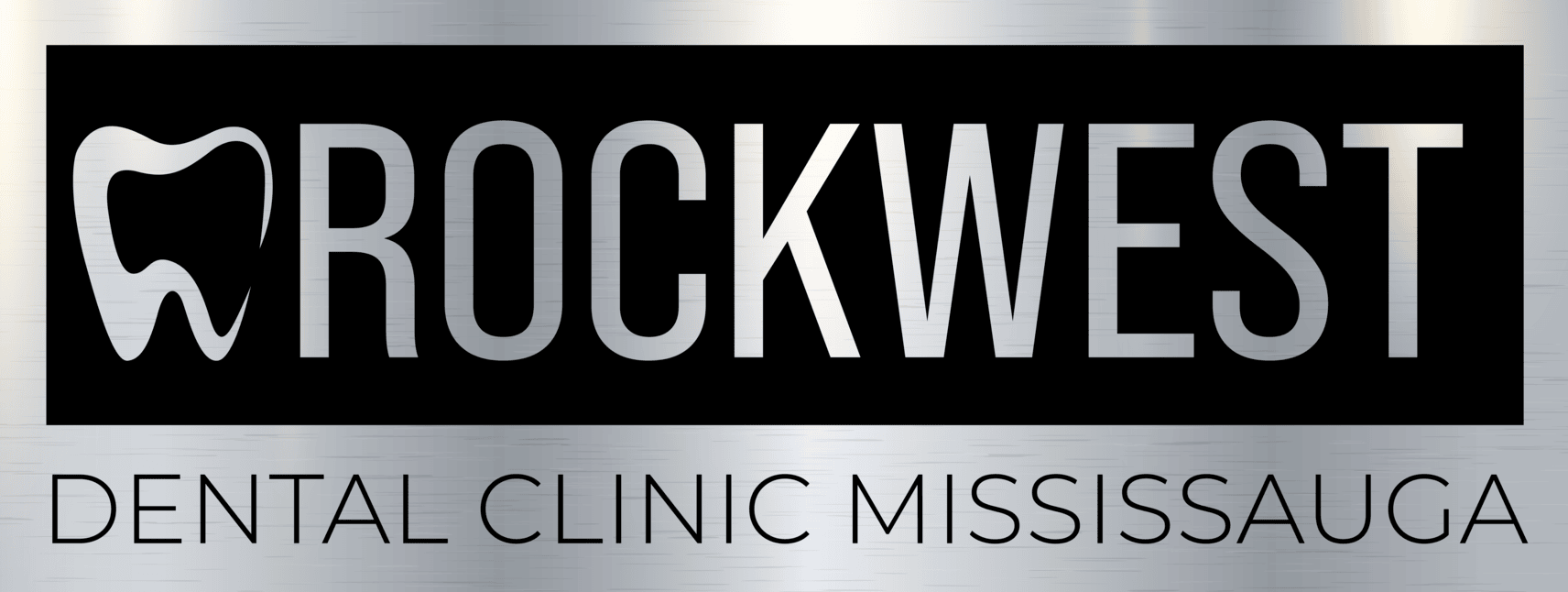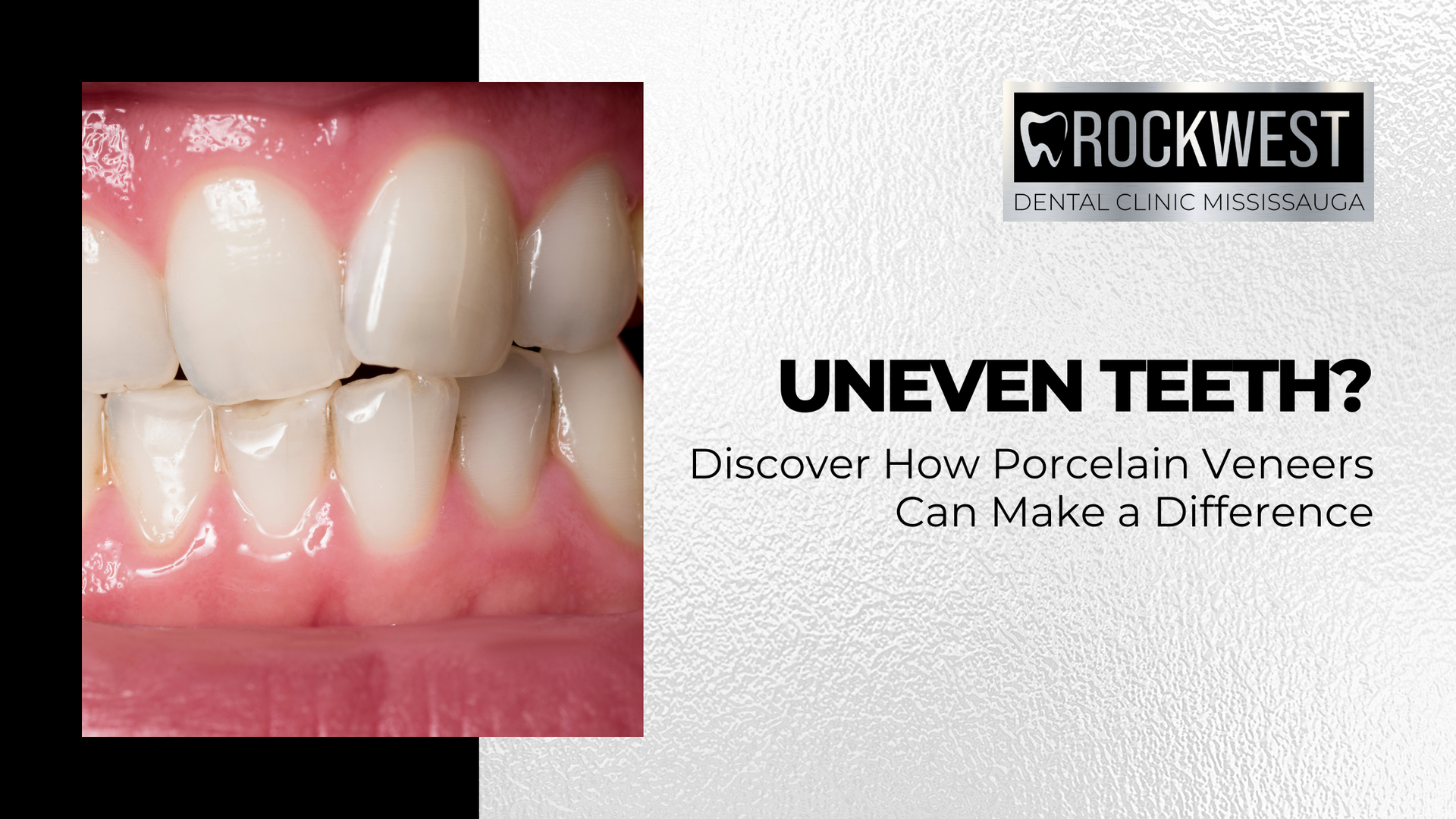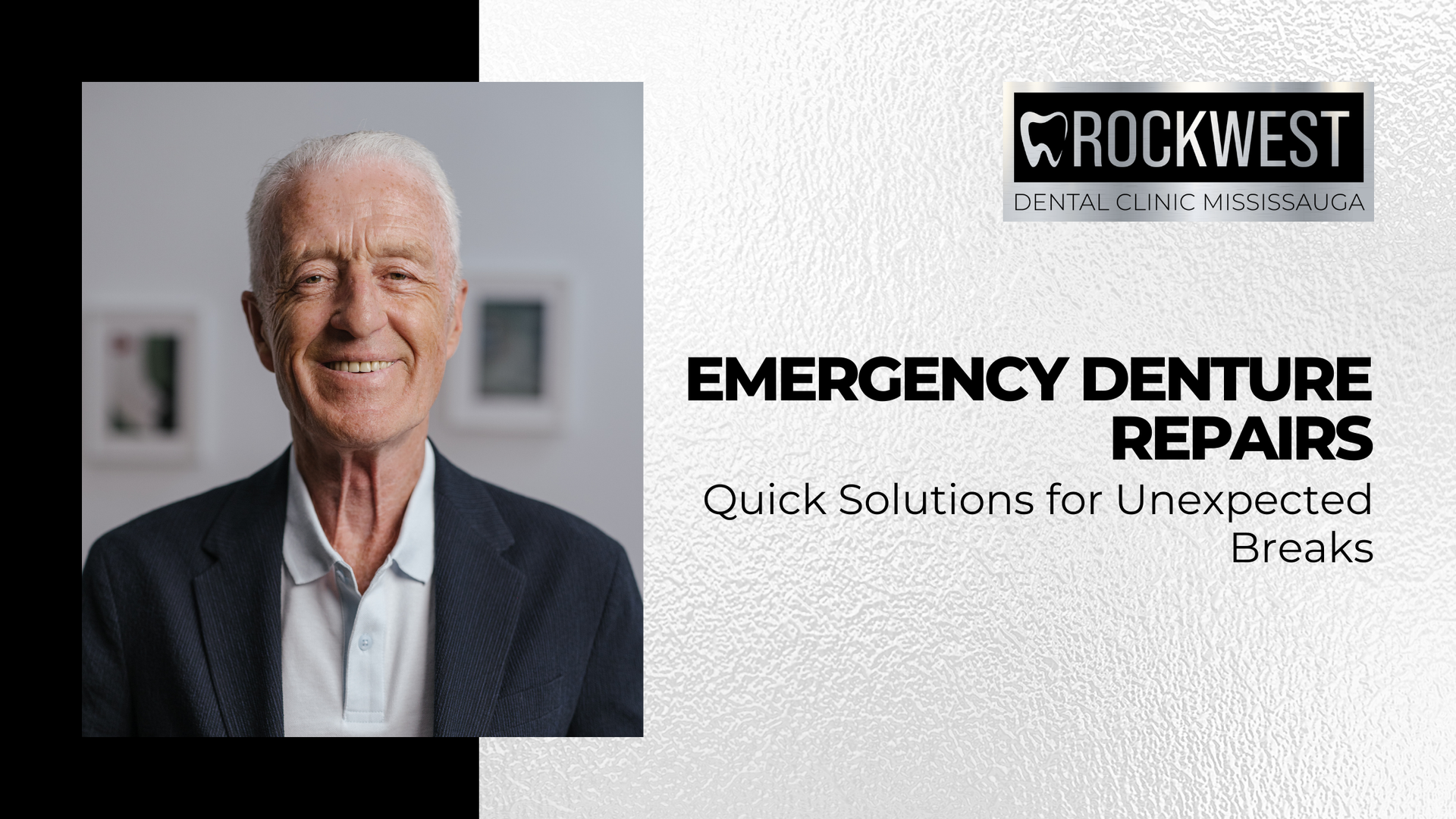
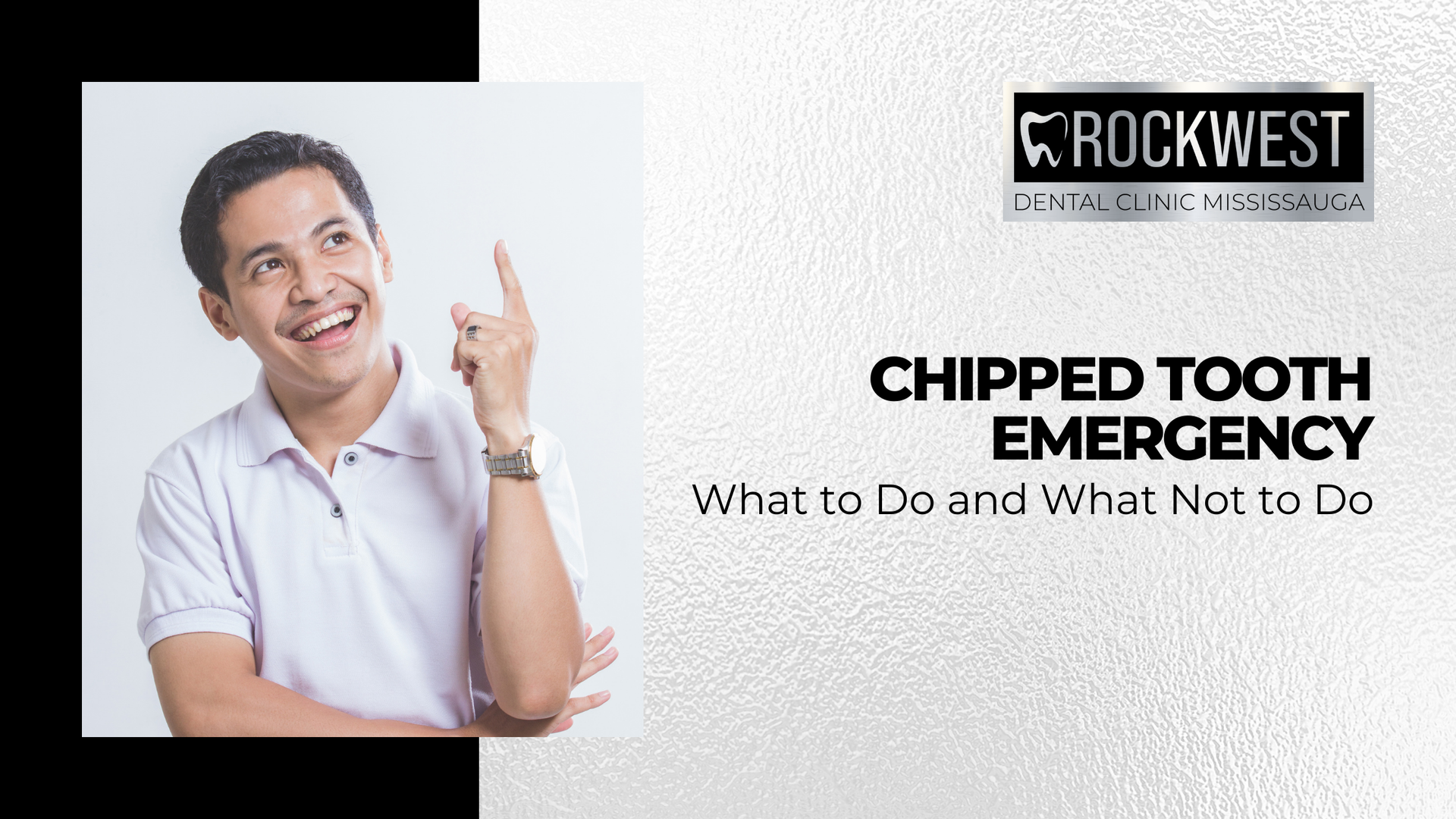
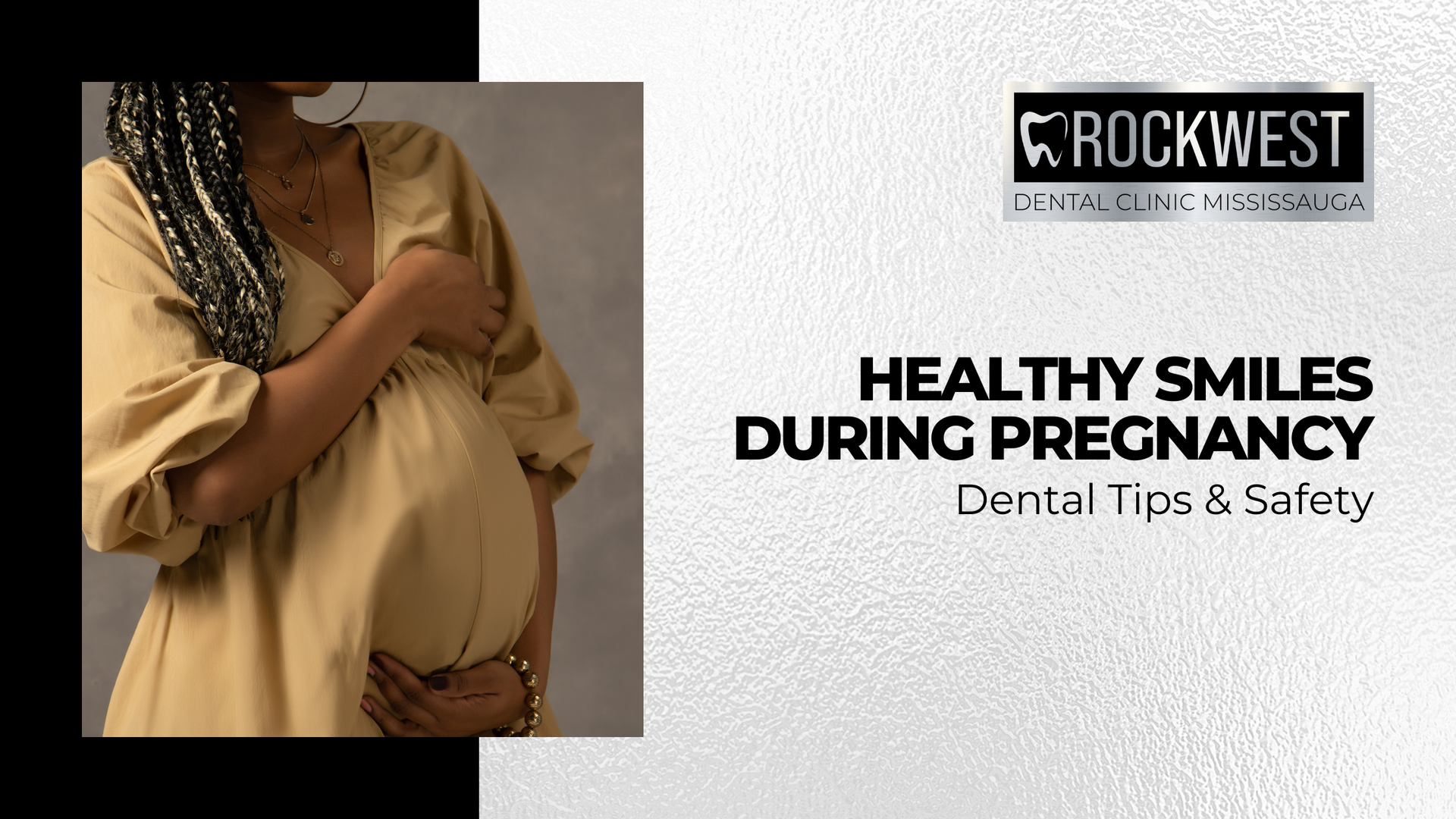


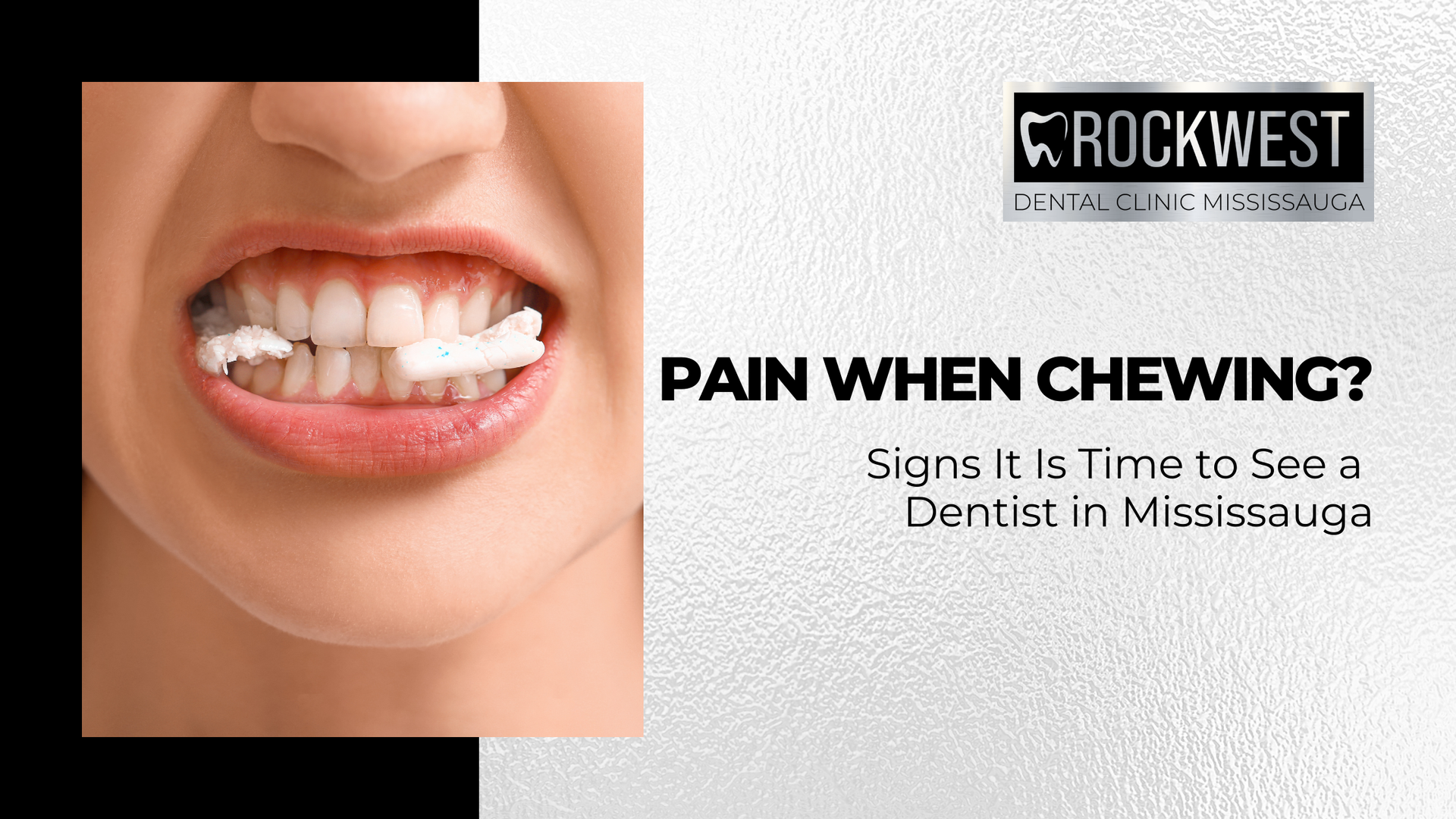

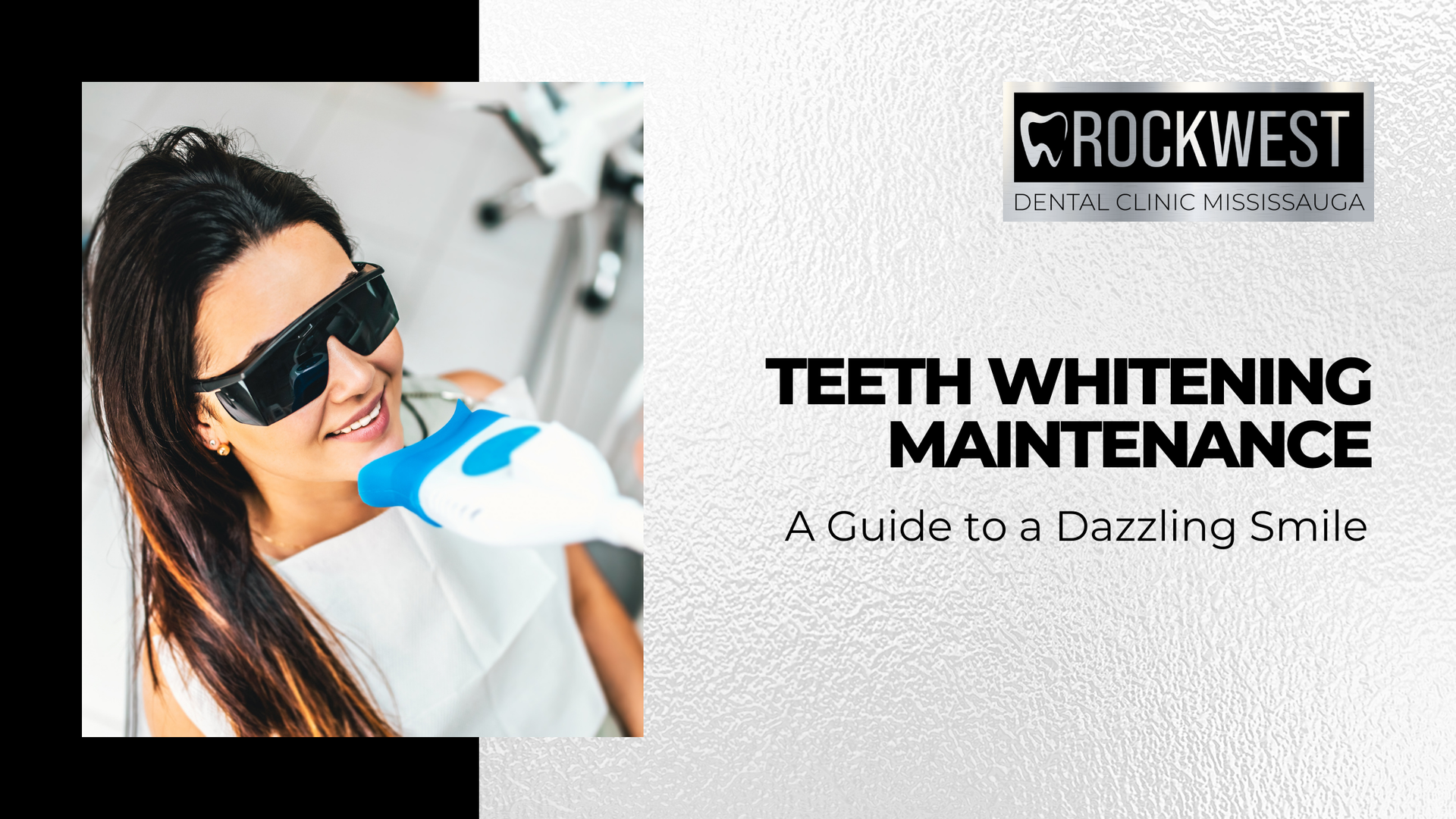
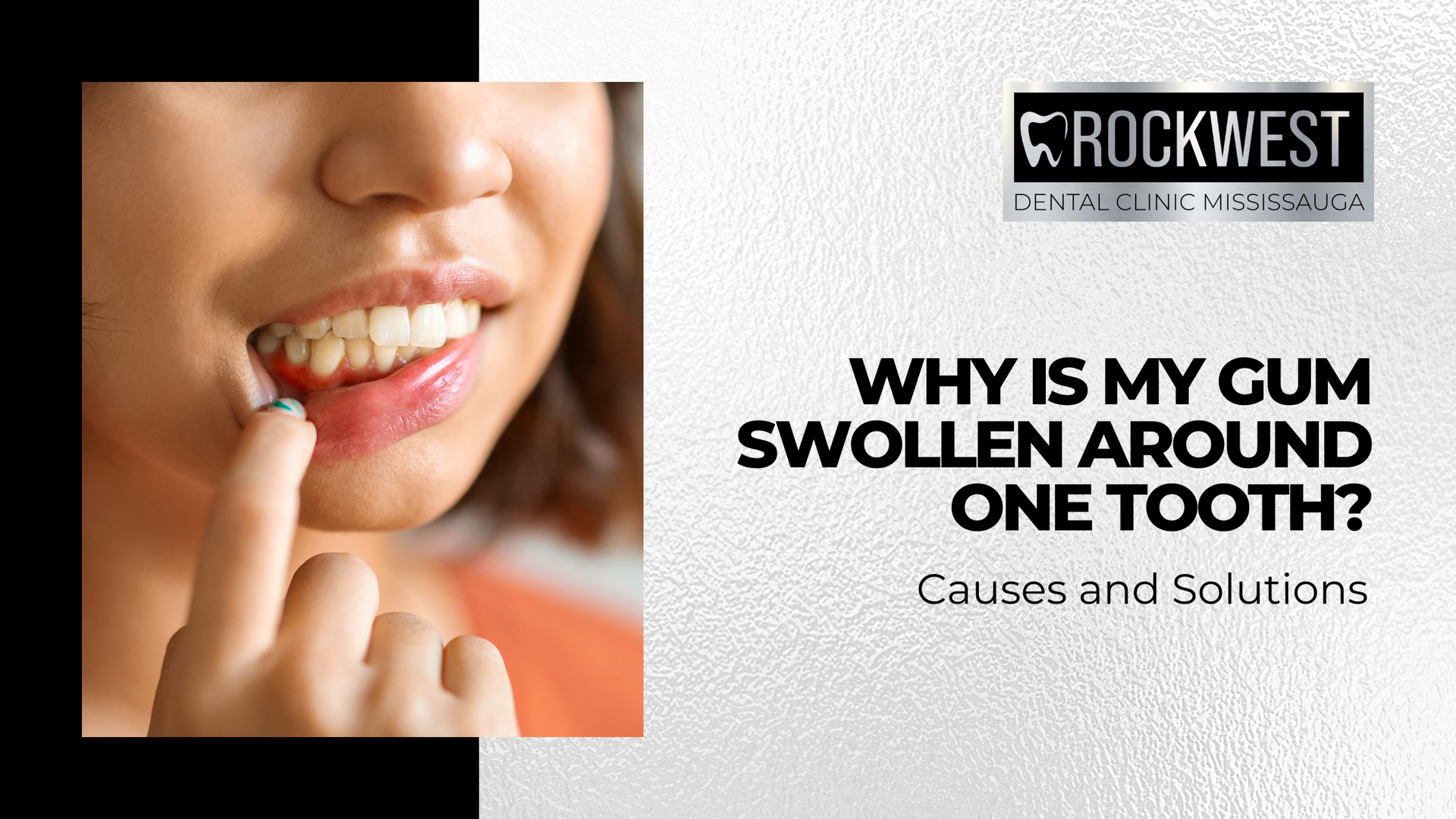
Optimal Age for Wisdom Teeth Removal: What You Need to Know
Rockwest Dental Clinic Mississauga • October 15, 2024
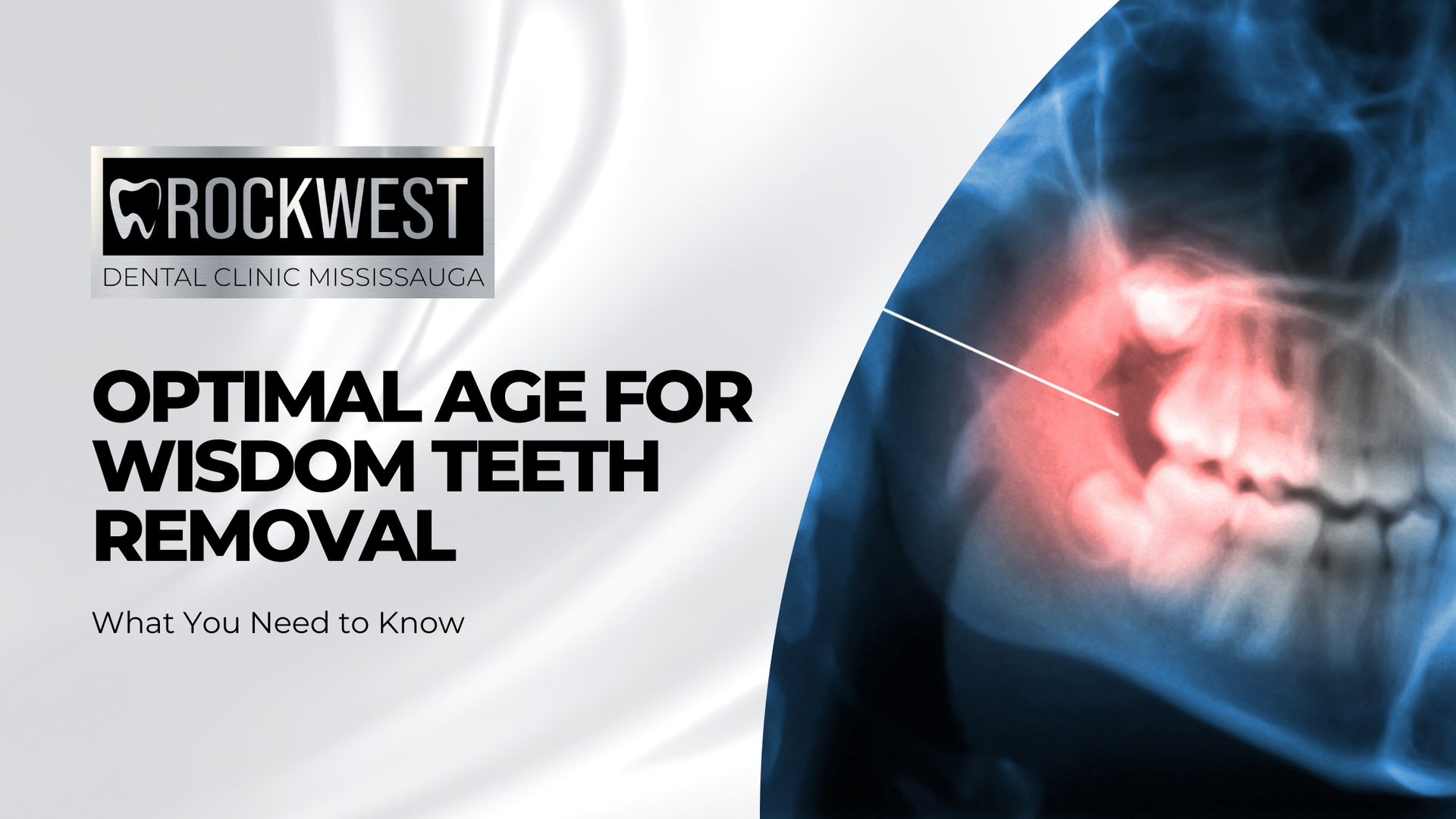
Source: Dr. Marketing
Wisdom teeth, or third molars, are the final set of teeth to emerge in the mouth, typically appearing between the ages of 17 and 25. While some individuals never encounter issues with their wisdom teeth, others experience complications such as overcrowding, infections, or impaction, leading to the necessity for removal. This leaves us with the question: When is the best time to have these teeth extracted?
While many dentists suggest removing wisdom teeth between ages 18 and 24, the best time for extraction can vary based on individual circumstances. This article dives into the factors influencing the optimal age for wisdom teeth removal and what you need to know before making this decision.
The Ideal Age for Wisdom Teeth Removal

The ideal age for wisdom teeth removal is typically between the late teens and early 20s, as younger patients heal faster and experience fewer complications during and after the procedure. However, it is best to consult your oral surgeon since every case is unique.
Early Removal: Ages 18-24
Most dental experts agree that the ideal time to remove wisdom teeth is during late adolescence or early adulthood, typically between the ages of 18 and 24. A study found that patients who had their wisdom teeth removed before the age of 25 experienced fewer complications and better long-term outcomes compared to those who delayed the procedure into their 30s or 40s. There are several key reasons why this period is often considered optimal:
- Better Healing and Recovery: Younger patients tend to heal more quickly and experience fewer complications following surgery. The bone surrounding the teeth is softer, making the extraction process easier and reducing the risk of damage to surrounding structures.
- Reduced Risk of Complications: As we age, the roots of wisdom teeth grow longer, and the jawbone becomes denser. This can complicate the extraction process and increase the risk of nerve damage or other complications during surgery. Besides, younger patients had significantly lower rates of postoperative infections and faster recovery times 2 .
- Prevention of Future Problems : Removing wisdom teeth before they become impacted or infected can prevent pain and more severe oral health issues later.
Why Later Removal Might Be Necessary

For some individuals, delaying wisdom teeth removal until later in life may be necessary due to personal health reasons or because the wisdom teeth have not yet caused any problems. However, delaying the procedure comes with certain risks, such as:
- Increased Complications : As mentioned, wisdom teeth become more firmly anchored in the jaw with age, making removal more complex. Older adults are usually more likely to experience complications like dry sockets, prolonged recovery time, and increased infection risk 3 .
- Risk of Chronic Issues : Delaying extraction can also lead to chronic issues such as infections, jaw pain, and damage to adjacent teeth. In some cases, these issues may necessitate more invasive surgeries later on.
Factors Influencing The Timing of Wisdom Teeth Removal
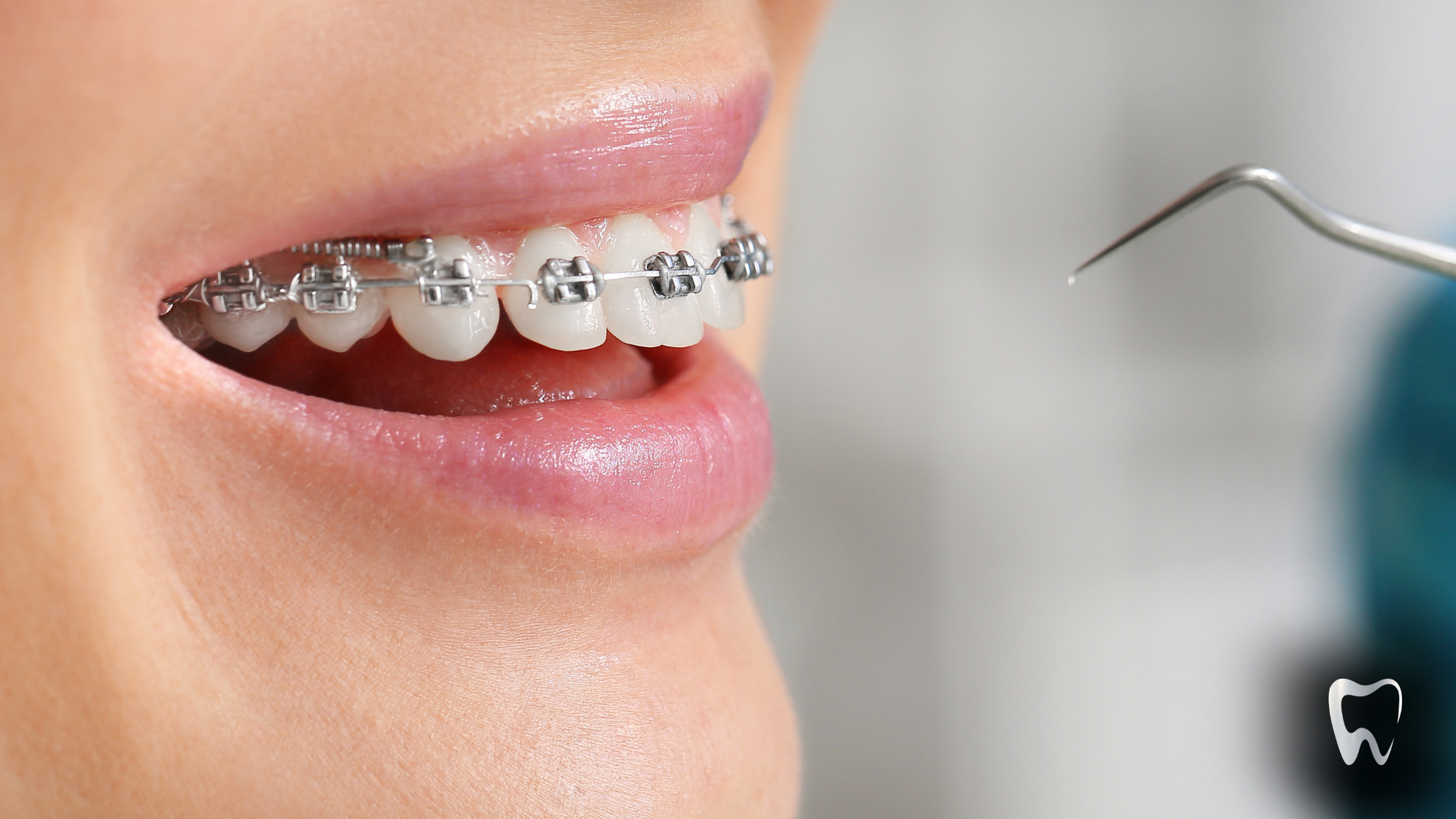
Jawbone Density
As individuals age, their jawbones become denser, making surgery more challenging. For younger individuals, the bone around the wisdom teeth is more pliable, allowing for easier extraction and less trauma to the surrounding tissues.
Tooth Root Development
The roots of the wisdom teeth are still developing during adolescence. Fully developed roots can grow close to vital nerves in the jaw, particularly the inferior alveolar nerve, which controls sensation in the lower lip and chin. Extracting wisdom teeth before the roots are fully formed minimizes the risk of nerve damage during surgery.
Orthodontic Considerations
Wisdom teeth can disrupt orthodontic treatments, such as braces, by crowding and shifting other teeth. If a patient is undergoing or has completed orthodontic treatment, dentists may recommend early removal to prevent the wisdom teeth from undoing the work of braces.
Understanding Wisdom Teeth Development
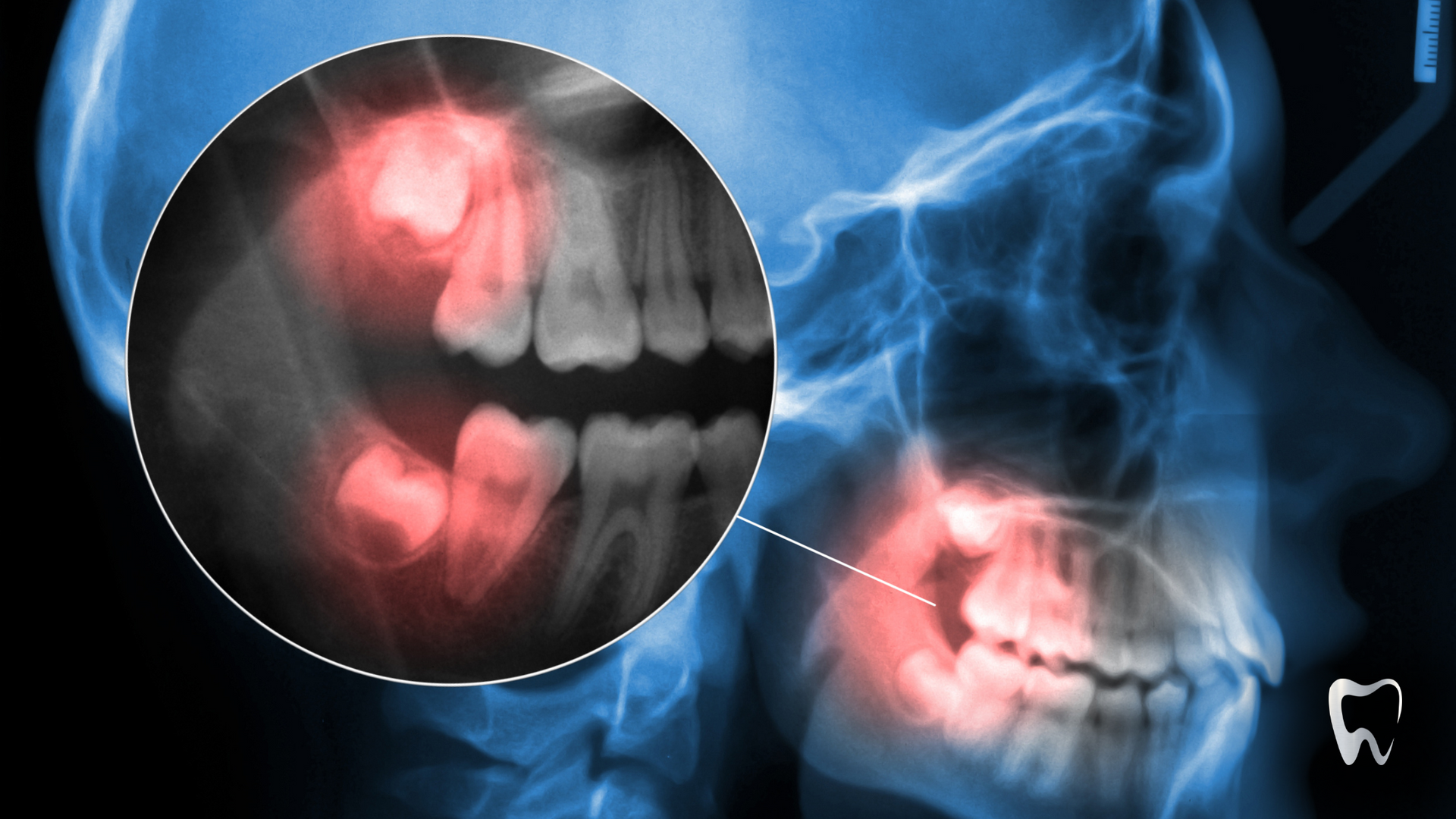
The development of wisdom teeth is a natural process, but the modern human jaw is often too small to accommodate them without issues. Evolutionarily, our ancestors needed these additional molars to chew a rougher diet consisting of roots, leaves, and meat. However, as diets have evolved and dental care has improved, wisdom teeth have become less useful and often problematic.
Why Wisdom Teeth Cause Issues
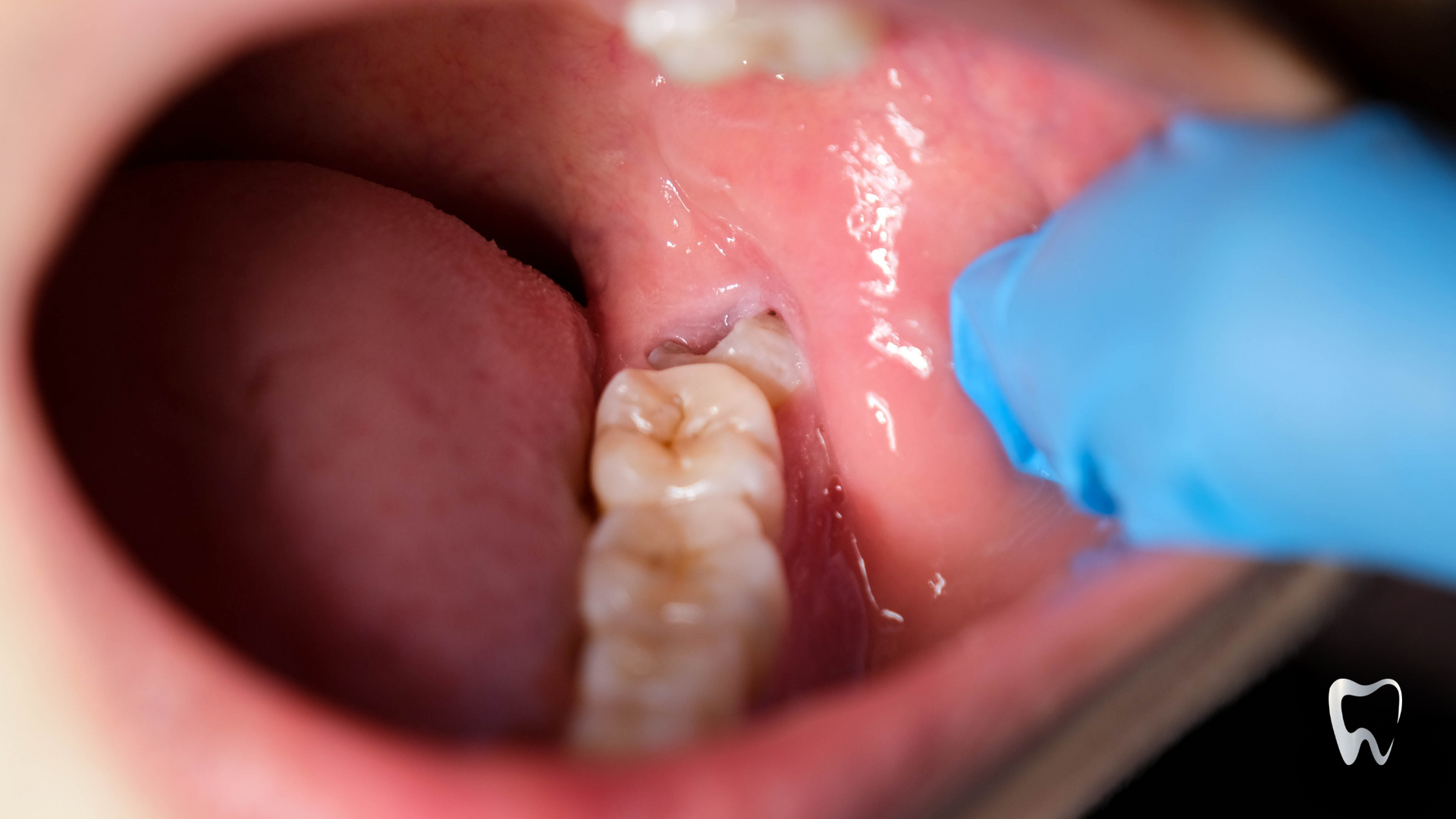
In many cases, the eruption of wisdom teeth leads to several potential issues:
- Overcrowding : The jaw may not have enough space for these molars, leading to overcrowding, misalignment, and discomfort.
- Impaction : A common problem where the wisdom teeth don’t fully emerge from the gums and become trapped or “impacted” within the jawbone. Impacted wisdom teeth can cause pain, infections, and cysts.
- Infection : Partially erupted wisdom teeth can be challenging to clean, making them vulnerable to bacteria buildup, gum disease, and infections.
These issues are the main reasons why wisdom teeth are removed. Many dental professionals recommend preemptive removal of wisdom teeth before they can cause more severe problems.
Signs That Wisdom Teeth Need Removal
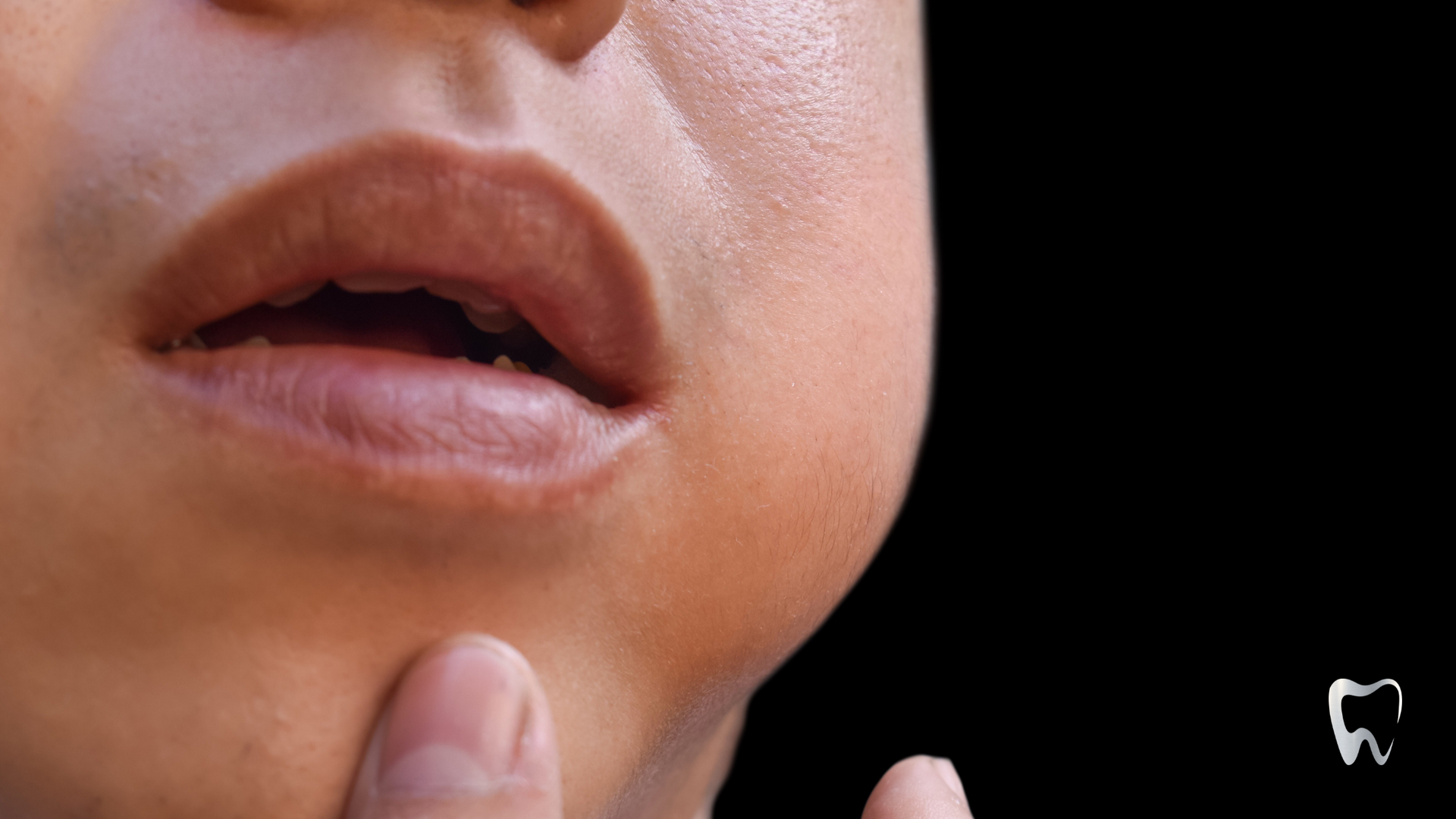
While early removal is generally recommended, some individuals may not need their wisdom teeth extracted unless specific issues arise. The following are some signs that indicate that wisdom teeth removal may be necessary.
- Pain or swelling in the back of the mouth
- Difficulty opening your mouth fully
- Gum infections or tenderness around the area of the wisdom teeth
- Persistent bad breath or an unpleasant taste in the mouth
- Cysts or tumors forming around the impacted teeth
If these symptoms occur, it is essential to consult your dentist to determine the best course of action.
The Procedure and Recovery
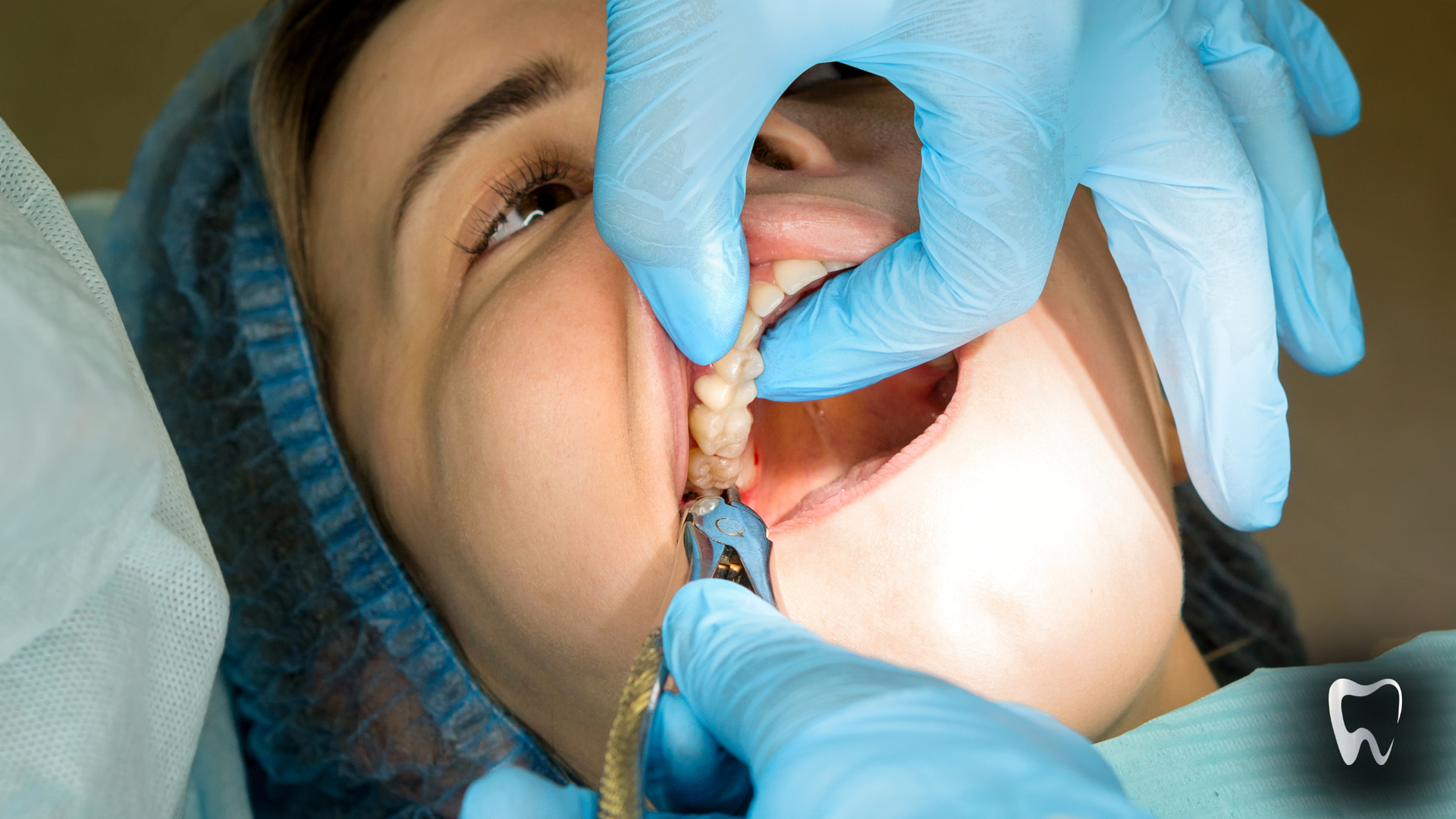
Wisdom teeth removal is typically performed under local anesthesia, although general anesthesia may be used for more complex cases. The procedure itself is relatively quick, often taking less than an hour. Patients should expect some swelling, pain, and limited jaw mobility during recovery, but these symptoms generally subside within a week.
Tips for a Smooth Recovery

- Apply ice packs to reduce swelling during the first 24 hours post-surgery.
- To avoid irritating the surgical site, follow a soft diet consisting of smoothies, mashed potatoes, and soup. You can also refer to this guide on what to eat after wisdom tooth extraction.
- Avoid smoking and using straws, as the sucking motion can dislodge blood clots and lead to dry socket.
- Keep the area clean by rinsing with salt water, but avoid aggressive brushing near the extraction site.
- Patients who follow post-operative care instructions meticulously have a 25% faster recovery time than those who do not 4 .
Get Professional Assistance on Wisdom Teeth Removal
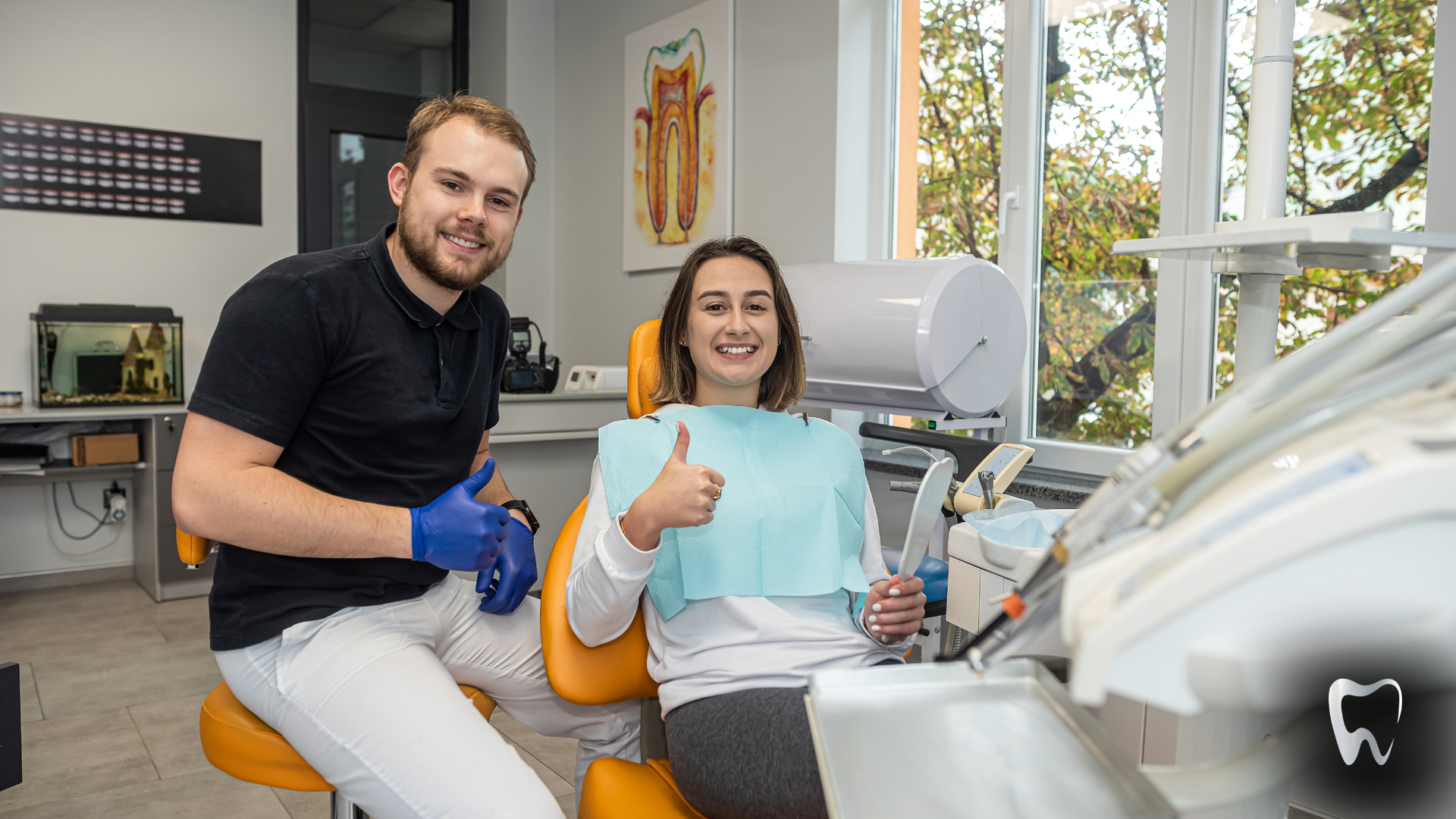
The optimal age for wisdom teeth removal depends on individual circumstances, but most dental experts agree that early removal—typically between the ages of 18 and 24—offers the best outcomes. The decision to remove wisdom teeth should be made in consultation with your dentist, considering your overall dental health and specific needs.
At Rockwest Dental Clinic Mississauga, we provide expert wisdom tooth removal services, including personalized advice, follow-up care, and detailed aftercare instructions. Contact us today to schedule your consultation and ensure a smooth, hassle-free experience for your oral health needs.
References
- Ghaeminia H, Nienhuijs ME, Toedtling V, Perry J, Tummers M, Hoppenreijs TJ, Van der Sanden WJ, Mettes TG. Surgical removal versus retention for the management of asymptomatic disease-free impacted wisdom teeth. Cochrane Database Syst Rev. 2020 May 4;5(5):CD003879. doi: 10.1002/14651858.CD003879.pub5. PMID: 32368796; PMCID: PMC7199383.
- Dignam P, Elshafey M, Jeganathan A, Foo M, Park JS, Ratnaweera M. Prevalence and Factors Influencing Post-Operative Complications following Tooth Extraction: A Narrative Review. Int J Dent. 2024 May 9;2024:7712829. doi: 10.1155/2024/7712829. PMID: 38756385; PMCID: PMC11098612.
- Kim JY. Third molar extraction in middle-aged and elderly patient. J Korean Assoc Oral Maxillofac Surg. 2021 Oct 31;47(5):407-408. doi: 10.5125/jkaoms.2021.47.5.407. PMID: 34713818; PMCID: PMC8564089.
- “British Journal of Oral and Maxillofacial Surgery,” Research on Post-Surgery Recovery Times, 2021.
The post Optimal Age for Wisdom Teeth Removal: What You Need to Know appeared first on Rockwest Dental Clinic Mississauga.



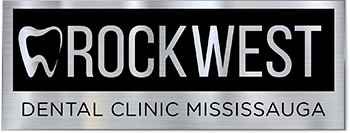
Dental Services
Working Hours
- Monday
- -
- Tuesday
- -
- Wednesday
- -
- Thursday
- -
- Friday
- -
- Saturday
- -
- Sunday
- Closed
Copyright Rockwest Dental Clinic Mississauga. All Rights Reserved.
Copyright Rockwest Dental Clinic Mississauga. All Rights Reserved.
Dental Website Designed and Powered by Dr. Marketing
